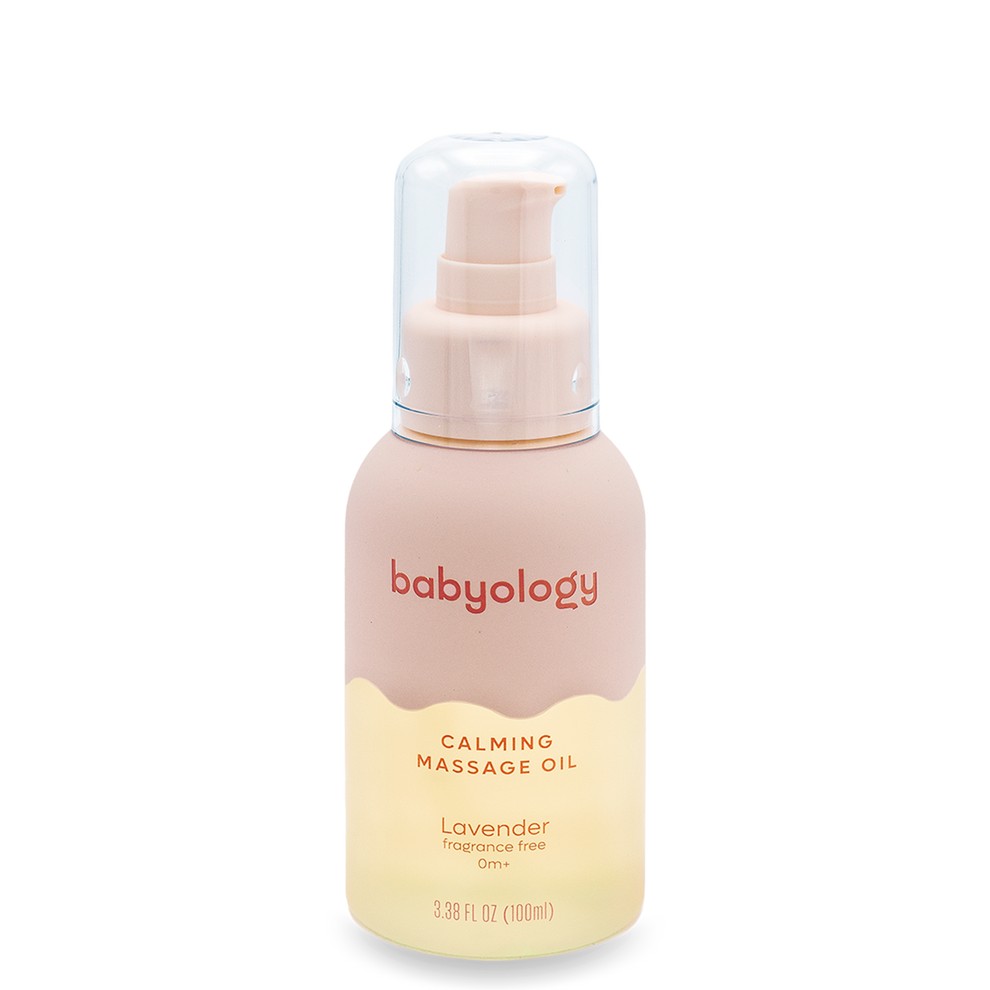A newborn's skin is a masterpiece of nature – incredibly soft yet surprisingly fragile. Those first few weeks and months require special attention to maintain the skin's natural moisture balance while protecting against environmental irritants. The right baby lotion can make all the difference in keeping your little one's skin healthy, supple, and irritation-free. Unlike adult skincare products, the best baby lotion for newborns ↗ are specifically formulated to complement an infant's developing skin barrier, using gentle, nourishing ingredients that hydrate without overwhelming delicate systems. Understanding what makes certain lotions better suited for newborns helps parents make informed choices for their baby's precious skin.
The Science Behind Newborn Skin Sensitivity
Newborn skin differs dramatically from adult skin in both structure and function. At birth, a baby's skin is about 30% thinner, with fewer natural oils and a still-developing protective barrier. This makes infant skin more permeable and vulnerable to moisture loss, irritation, and environmental stressors. The acid mantle – skin's natural protective coating – takes weeks to fully form, leaving newborns susceptible to dryness and irritation. Quality baby lotions work with these unique characteristics rather than against them, providing supplemental protection during this critical developmental period. Pediatric dermatologists emphasize that proper moisturizing in the first months can actually help strengthen the skin's long-term resilience.
 ## Key Ingredients That Truly Nourish Baby Skin
## Key Ingredients That Truly Nourish Baby Skin
When examining baby lotion ingredients, parents should look for components that mimic and support the skin's natural processes. Ceramides help rebuild the protective lipid barrier, while humectants like glycerin attract and retain moisture. Natural emollients such as sunflower seed oil and shea butter provide gentle hydration without clogging pores. Colloidal oatmeal offers anti-inflammatory benefits particularly useful for sensitive skin. Crucially, the best formulas avoid common irritants like synthetic fragrances, alcohol, parabens, and phthalates. Many pediatricians recommend fragrance-free options, as added scents (even natural ones) can sometimes trigger reactions in delicate newborn skin. The simplest formulations with the fewest ingredients often prove most effective.
How Proper Moisturizing Prevents Common Skin Issues
Regular use of quality baby lotion can prevent many common newborn skin concerns before they start. Conditions like cradle cap, diaper area irritation, and dry patches often stem from inadequate skin hydration. By maintaining optimal moisture balance, lotion reduces flakiness and minimizes friction in sensitive areas. For babies predisposed to eczema, therapeutic moisturizers can decrease flare-ups by up to 50%, according to pediatric studies. Proper moisturizing also helps prevent the tiny cracks in dry skin that can serve as entry points for bacteria. This proactive approach to skincare keeps babies comfortable while reducing the need for medicated treatments later.
The Right Way to Apply Lotion for Maximum Benefit
Application technique significantly impacts a lotion's effectiveness. The ideal time is within three minutes after bathing when skin is still slightly damp – this helps lock in moisture more efficiently. Use a pea-sized amount warmed between your hands, then gently smooth it over the skin with light, downward strokes. Pay special attention to typically dry areas like elbows, knees, and cheeks, but avoid applying thick layers that might interfere with the skin's natural functions. For very dry patches, some pediatricians recommend the "soak and seal" method – a brief lukewarm bath followed by immediate lotion application. This routine not only hydrates but also creates precious bonding moments between parent and child.
 ## Understanding Product Labels and Certifications
## Understanding Product Labels and Certifications
Navigating baby product labels requires knowledge of what to look for and what to avoid. Seek out products specifically labeled for newborns rather than general baby use, as these have gentler formulations. Certifications from organizations like the National Eczema Association or the American Academy of Pediatrics' Seal of Acceptance indicate rigorous testing. Be wary of vague claims like "dermatologist-tested" without specific endorsements. Ingredients ending in "-paraben" or artificial fragrances should raise red flags. Many pediatricians advise choosing products where all ingredients are easily recognizable and pronounceable – a good indicator of formulation simplicity.
Transitioning Skincare as Your Baby Grows
While newborn-specific lotions are ideal for the first few months, your baby's skincare needs will evolve. Around 4-6 months, you may notice the skin becoming slightly less sensitive as the protective barrier matures. This might be an appropriate time to consider slightly richer formulations if needed, particularly in dry climates or winter months. However, many parents find their trusted newborn lotion continues working well through infancy. The key is observing your baby's skin response and making gradual changes when necessary, always prioritizing gentle, non-irritating products. Regular check-ins with your pediatrician can help guide these transitions.
Choosing the right lotion for your newborn is one of those foundational care decisions that impacts both immediate comfort and long-term skin health. By selecting products designed for newborn skin's unique needs and applying them properly, you're supporting healthy skin development during this critical period. Remember that every baby's skin is different – what works perfectly for one may need adjustment for another. With patience and careful observation, you'll find the perfect lotion that keeps your newborn's skin healthy, protected, and delightfully soft, establishing skincare habits that will benefit them for years to come.